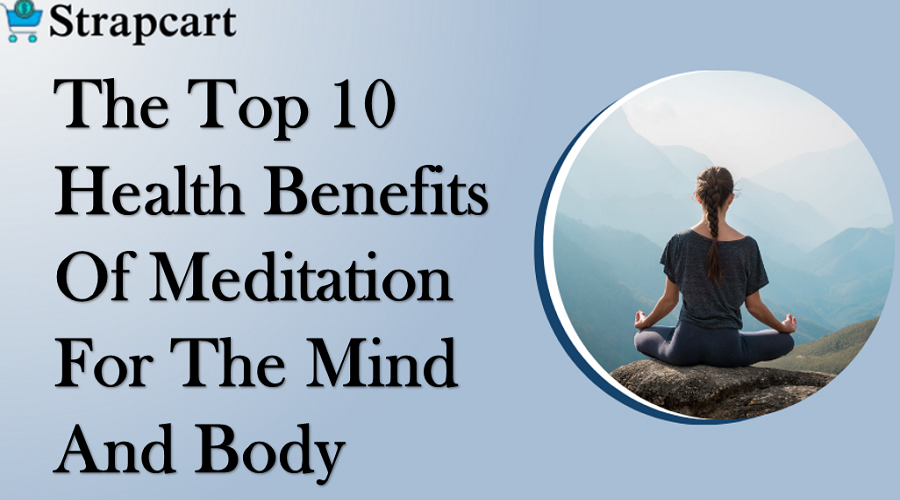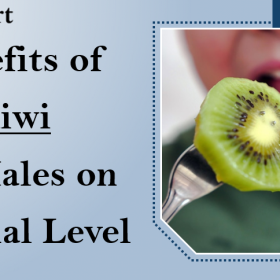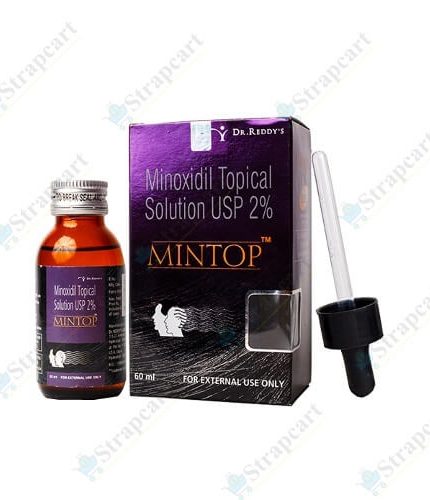Key Point
Meditation, widely acknowledged as a practice that enhances self-awareness and compassion, also acts as a conduit for better health. For thousands of years, meditation has been a fundamental aspect of Hindu, Buddhist, Zen/Chan, and Taoist philosophies, with contemporary individuals employing it to alleviate stress and anxiety in an increasingly fast-paced environment. It provides a sense of peace and clarity for those who frequently grapple with discomfort.
The concept of meditation includes a range of techniques designed to improve concentration, emotional awareness, kindness, compassion, sympathetic joy, and mental serenity, even in the face of adversity. Many individuals who practice meditation regularly find that it nurtures self-compassion and enhances their ability to empathize with others. Furthermore, it can lead to a more composed response to challenges.
Meditation boasts a rich heritage, practiced in various forms across different cultures. Although measuring its long-term benefits, especially in later life, remains a challenge, many practitioners report experiencing its favorable effects. This article seeks to examine the key benefits of meditation as noted by both practitioners and researchers.
-
Reduces stress

Stress reduction is one of the key reasons individuals participate in These practices. Extended exposure to physiological stress indicators, such as increased cortisol levels and heart rate, can have a considerable impact on multiple health dimensions, including the quality of sleep and the regulation of blood pressure.
All types of meditation can effectively reduce physiological indicators of stress, according to a comprehensive 2017 review of 45 studies.
Further research indicates that meditation may also improve symptoms associated with certain stress-related conditions, including:

-
Controls Anxiety

Meditation has been shown to alleviate stress, which in turn leads to a reduction in anxiety levels.
A comprehensive meta-analysis conducted in 2014, involving nearly 1,300 participants, indicated that meditation could effectively lower anxiety. This reduction was particularly pronounced among individuals experiencing the highest levels of anxiety.
Additionally, research demonstrated that an 8-week program of mindfulness significantly alleviated anxiety symptoms in individuals diagnosed with generalized anxiety disorder. This program also fostered an increase in positive self-affirmations and enhanced both stress reactivity and coping mechanisms.
Furthermore, meditation may play a role in managing work-related anxiety. A study revealed that employees utilizing mindfulness This application over 8 weeks reported enhanced well-being and a decrease in distress and job-related strain, in contrast to those in a control group.
-
Supports Emotional Health

Certain forms of meditation have the potential to improve self-awareness and cultivate a more positive outlook on life.
For example, a comprehensive review of interventions involving more than 3,500 adults demonstrated that mindfulness meditation significantly reduced symptoms of depression.
Moreover, research conducted in 2015 found that individuals who practiced This experienced a decrease in negative thoughts when confronted with distressing images, in contrast to those in a control group.
-
Enhances Self-Awareness

Certain forms of meditation can significantly improve your self-awareness, aiding you in the pursuit of your ideal self.
For example, self-inquiry meditation aims to deepen your understanding of your identity and your relationships with others. Other techniques concentrate on recognizing harmful or self-defeating thoughts. The basic notion is that you may guide your thoughts in more positive and helpful directions by being more conscious of them.
A study carried out in 2019 found that 153 adults who engaged with a mindfulness application for two weeks experienced reduced feelings of loneliness and an increase in social interactions when compared to a control group.
-
Lengthens Attention Span

Focused attention meditation can be compared to strength training for enhancing one’s ability to concentrate. It aims to improve both the intensity and duration of your attention span.
For example, a research study showed that participants who listened to This audio experienced significant enhancements in their attention and accuracy during task performance, unlike those in a control group.
Additionally, another study indicated that individuals who regularly practiced achieved better results on visual tasks and exhibited a longer attention span than those without meditation experience.
Even a short daily commitment to This can produce beneficial outcomes. One study demonstrated that meditating for just 13 minutes each day resulted in improvements in attention and memory after an 8-week duration.
-
Can Decrease Blood Pressure

Meditation possesses the capacity to improve physical health by reducing stress on the heart. Chronic high blood pressure compels the heart to work harder to circulate blood, which can eventually lead to a decline in its functionality.
Moreover, high blood pressure contributes to atherosclerosis, a condition marked by the narrowing of arteries, which can lead to serious events such as heart attacks and strokes.
A meta-analysis from 2015, encompassing 12 studies with nearly 1,000 participants, demonstrated that This effectively lowers blood pressure. This impact was especially significant among older adults and those with elevated blood pressure before the analysis.
Meditation appears to influence blood pressure by soothing the nerve signals that regulate heart function, blood vessel tension, and the “fight-or-flight” response that increases alertness in stressful situations.
-
Accessible Anywhere

Individuals participate in a range of meditation practices, most of which do not require specific tools or a particular environment. A brief daily session of only a few minutes can be adequate.
If you wish to embark on your journey, it may be beneficial to choose a technique that corresponds with your objectives and intended results.
| There are two major styles of meditation:
Focused attention meditation involves directing one’s concentration toward a singular object, thought, sound, or visualization. This practice prioritizes the elimination of distractions from the mind.
In this form of This, one may concentrate on the breath, a specific mantra, or a soothing sound.
Open-monitoring meditation, on the other hand, promotes an expanded awareness of the entirety of one’s surroundings, thought processes, and self-perception. This approach may also facilitate the recognition of repressed thoughts, emotions, or impulses.
If you’re typical work and home settings do not facilitate regular, peaceful solitude, you might explore enrolling in a class. This option can enhance your likelihood of success by offering a nurturing community.
Another approach is to adjust your alarm to wake up a few minutes earlier, thereby capitalizing on the tranquility of the morning. This practice may assist you in establishing a consistent routine and enable you to commence your day on a positive note.
-
Meditation May Boost Immune System Function

The immune system is often referred to as the body’s “floating brain.” It is an exceptionally complex network responsible for detecting and eliminating pathogens that pose a threat to our well-being, and it is closely connected to our nervous system. When our immune defenses are compromised, we become highly susceptible to infections.
Engaging in mindfulness This has been associated with lower levels of inflammation, which indicates improved immune function. Numerous studies have demonstrated that meditation enhances the production of vital immune cells that help prevent illness. While experts have yet to fully understand the mechanisms by which This benefits the immune system, it is believed that reduced stress and enhanced self-regulation are significant contributing factors.
Break the cycle of stress and enhance your immune system through this brief meditation session led by Jeff Warren.
-
Meditation May Slow Cellular Aging

Recent advancements in scientific research suggest that meditation may have the potential to decelerate the biological aging process. During cellular division, DNA is safeguarded by elongated proteins known as telomeres. With time, these telomeres tend to shorten, thereby heightening the risk of cellular damage. As this damage accumulates over the years, it adversely affects our overall health.
Although This does not completely halt the aging process, researchers are uncovering evidence that it can slow the rate at which telomeres shorten. Numerous studies indicate that meditation stimulates the expression of genes responsible for producing telomerase, a natural enzyme that aids in preserving telomere length. Consequently, meditation may serve as a protective measure against age-related health deterioration at the cellular level.
-
Meditation Can Help Prevent Diabetes

Research indicates that meditation aids the body in regulating blood sugar levels by enhancing insulin utilization efficiency. The hormone cortisol, associated with stress, significantly contributes to insulin resistance; however, meditation can reduce cortisol levels, allowing insulin to function more effectively. Consequently, meditation may serve as a preventive measure against Type 2 diabetes for individuals at risk. Additionally, consider exploring seven other methods to decrease your cortisol levels naturally.
Whether you aim to prevent diabetes or are currently managing its effects, incorporating This into your routine can be beneficial as a vital component of your treatment or prevention strategy. Mindful Eating also represents an effective approach to fostering a healthier lifestyle, and this series has been crafted to guide you through the process.
Last Words |
|
Meditation is a practice that is open to a diverse array of individuals. It includes multiple techniques and presents a variety of benefits. There is no need for complex equipment; a basic, comfortable mat and a tranquil setting Strapcart are all that is necessary. With regular practice, meditation can produce enduring advantages for both physical and mental health. For those new to This, there are many support groups and classes available to offer essential guidance. For additional insights, you may wish to reach out to the professionals at Cano Health. |











